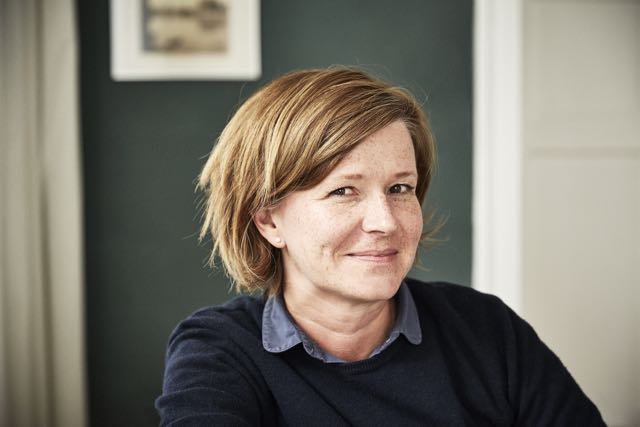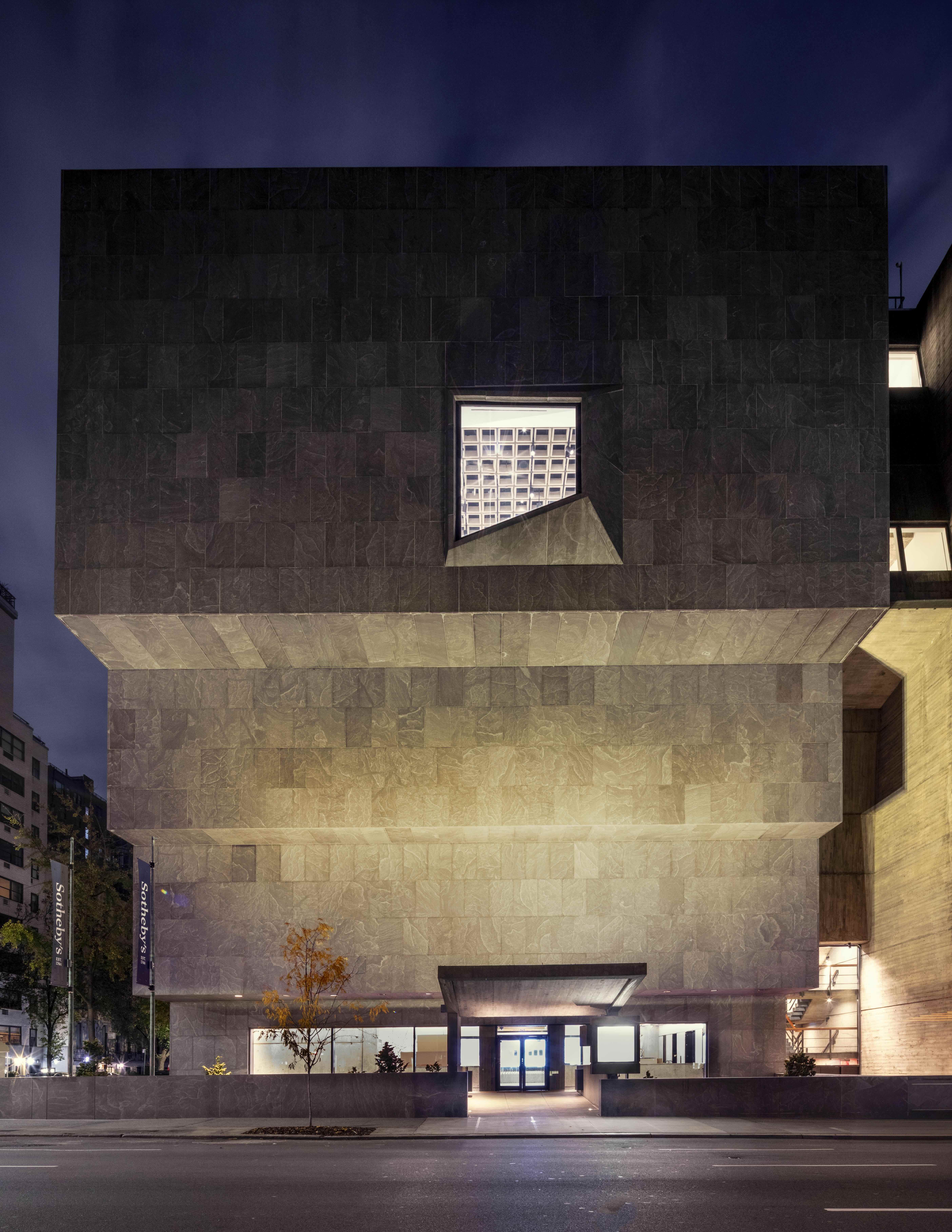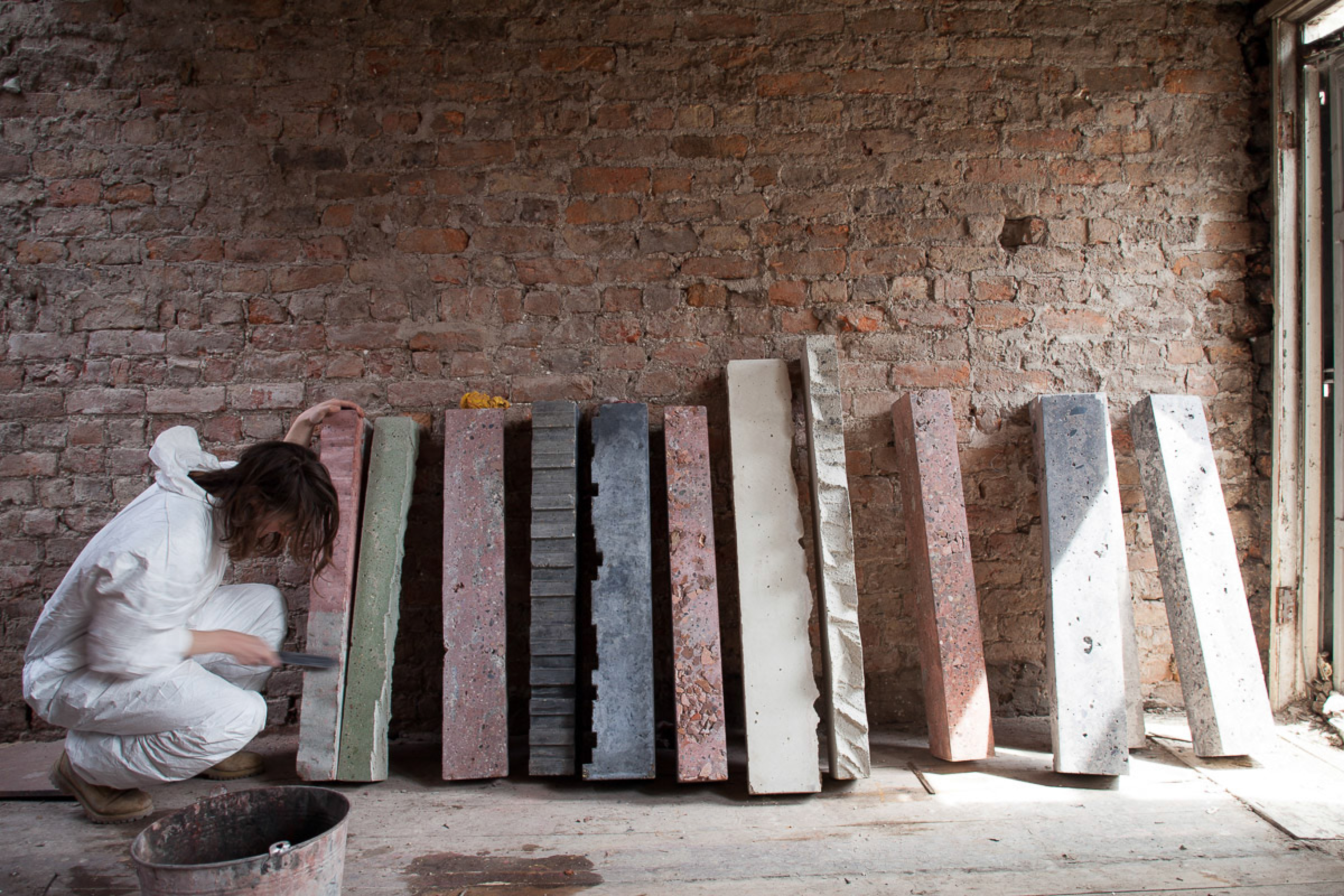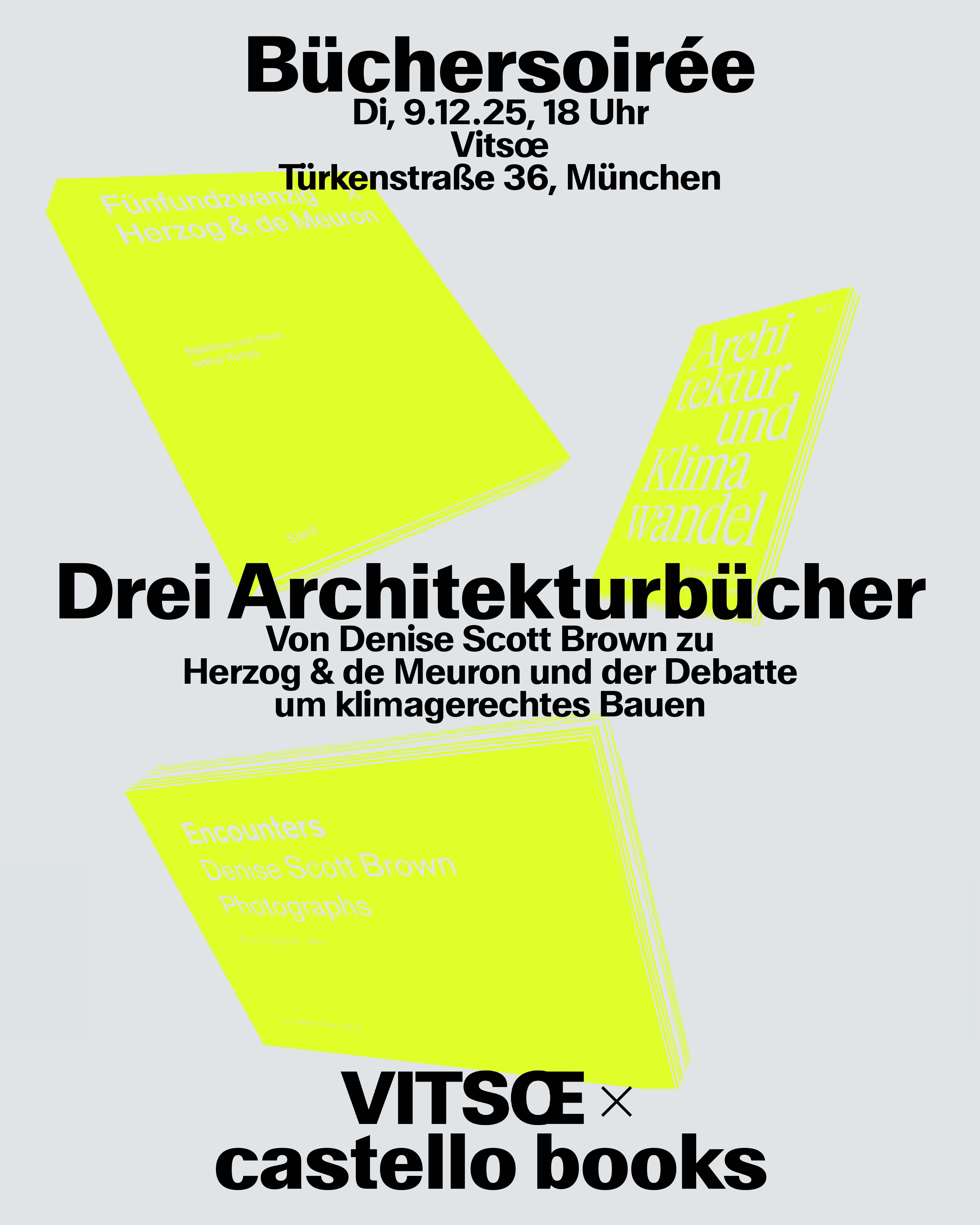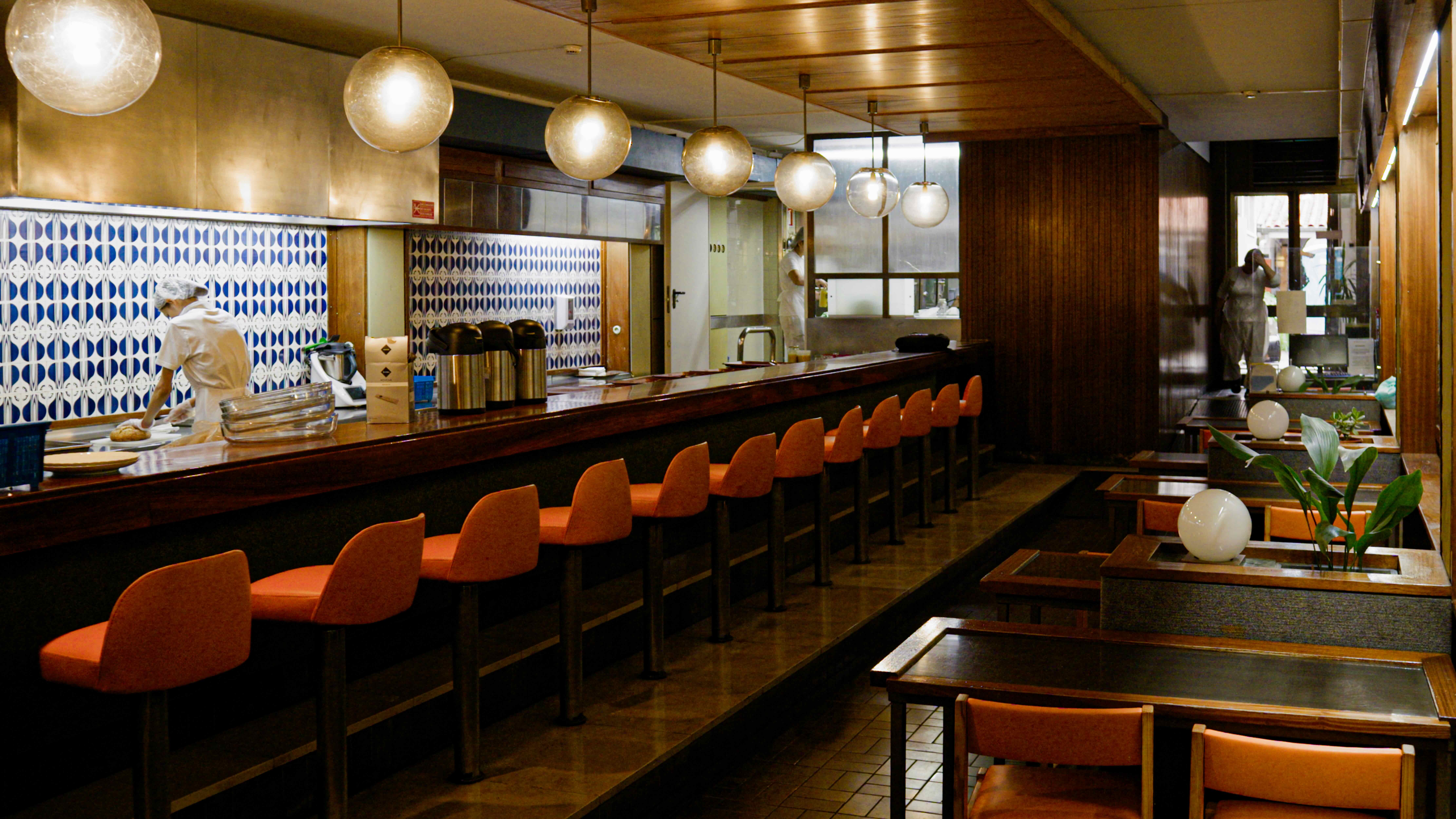Everyday scenarios by Plastique Fantastique
Some everyday scenes during the lockdown bring science fiction to mind. All the more reason to scrutinise the world of tomorrow, and, like the Berlin-based Plastique Fantastique design group, put forward concrete solutions.
Until very recently, many lockdown regulations would have been inconceivable, ascribed more to science fiction than to reality. So now is undoubtedly the right time for deliberations on present day-to-day life and the future. In this respect the Berlin-based Plastique Fantastique studio has proposed a concrete response that unites past, present and future.
Present and past
Stay-at-home and social distancing rules, mouth-nose masks and face shields: regulations drawn up in the pandemic are having a fundamental effect on everyday life. Reality in many places feels more like the utopia that still exists in many countries. A look back to the architectural visions of the sixties shows that the utopian aspects of our present-day lives have been explored before, with mankind’s reaching for the stars, its fear of complete and utter destruction and its longing for a better future giving rise to projects like the Austrian architects/artists collective Haus-Rucker-Co. Their prototypical Environment Transformers for heightening awareness, for example, seen on the heads of Laurids Ortner, Günter Zamp Kelp and Klaus Pinter in a black-and-white photo from 1968, seem to presage face shields in the times of the coronavirus. Or consider Yoko Ono and John Lennon on their honeymoon at Amsterdam’s Hilton Hotel in 1969, holding a press conference in their nightclothes and celebrating their Bed-In held as a happening for world peace.
Spherical impressions
Marco Canevacci and Yena Young of Plastique Fantastique have taken these scenarios and transferred them to the present day by developing an open-source object that is as ironical as it is useful for everyday use: the iSphere, a spherical shield as a safe means of infection prevention. Two transparent hemispheres surround the head, completely enclosing it for secure and protected exploration of public space in Berlin. Utopia or reality? In times of the coronavirus, they seem to converge. The iSphere can be varied with gadgets like a snorkel or and adapted with connections for a microphone, headset or ventilator. The respective tutorial reckons that half an hour’s work and an outlay of about 24 euros are all that is needed to produce an iSphere.
Exceptional situations require exceptional ideas for day-to-day life. In terms of everyday suitability, some of the utopian visions of the sixties seem more realistic today than ever before. What were once happenings are now reality – or could be said to have come very close to reality.
Text: Sandra Hofmeister
detail-online.com, July 2020
